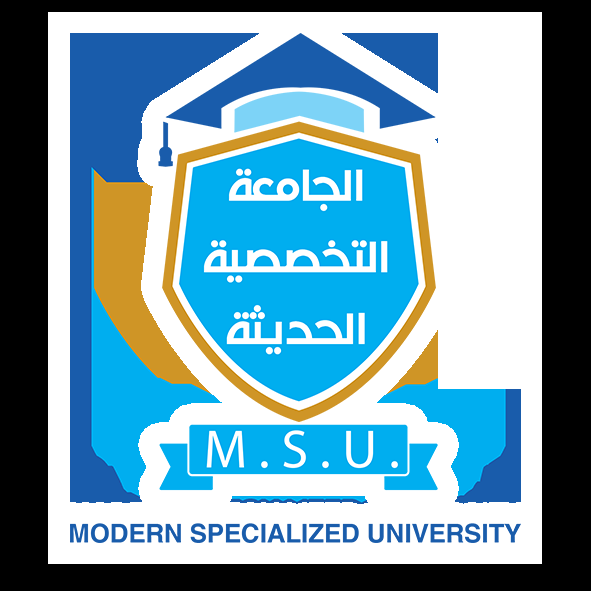You might not realize how crucial critical thinking skills are for students in Yemen, especially within the realm of science education. By shifting the focus from rote memorization to inquiry-based learning, students can engage with real-world issues and develop analytical skills that are essential for their future. This approach not only enhances their understanding of scientific concepts but also empowers them to tackle local challenges. What implications could this shift have for the broader community and future generations?
Importance of Critical Thinking
Critical thinking is a cornerstone of effective science education. It empowers you to analyze information, ask the right questions, and draw sound conclusions. In a world filled with data and differing opinions, honing your critical thinking skills is essential. It helps you navigate complex scientific concepts and fosters a deeper understanding of the subject matter.
When you engage in critical thinking, you learn to evaluate evidence and discern fact from fiction. This skill is particularly crucial in a scientific context, where new discoveries can challenge established beliefs. You’ll find that questioning assumptions and considering alternative explanations leads to more robust learning experiences.
Moreover, critical thinking promotes creativity and innovation. You’re encouraged to think outside the box, leading to unique solutions to scientific problems. This not only enhances your problem-solving abilities but also prepares you for real-world challenges that require analytical thinking.
In essence, critical thinking in science education equips you with tools to approach problems systematically. It’s about developing a mindset that values inquiry, skepticism, and the pursuit of knowledge.
Current Educational Landscape
Navigating the current educational landscape reveals a significant shift toward integrating critical thinking into science curricula. In Yemen, educators are increasingly recognizing the importance of fostering these skills to prepare students for a complex, rapidly changing world.
You’re likely to notice a growing emphasis on hands-on learning and active participation in the classroom. This change reflects a broader understanding that rote memorization isn’t enough; students need to analyze, evaluate, and create.
Teachers are beginning to incorporate real-world problems into their lessons, encouraging you to think critically about scientific concepts and their applications.
Moreover, educational reforms are being supported by both governmental and non-governmental organizations, aiming to enhance teacher training and resource availability. This means that as a student, you might find yourself engaging with materials that challenge your reasoning and problem-solving abilities.
While these developments are promising, challenges remain, such as limited access to resources, varying teacher preparedness, and traditional educational practices still lingering in some areas.
Nevertheless, your experience in this evolving landscape holds the potential to cultivate essential critical thinking skills that will serve you well beyond the classroom.
Inquiry-Based Learning Strategies
While traditional teaching methods often focus on direct instruction, inquiry-based learning strategies have emerged as a dynamic alternative that actively engages you in the scientific process.
This method encourages you to explore, ask questions, and draw conclusions based on your observations. It fosters critical thinking skills, enabling you to analyze information more effectively.
Here are four key components of inquiry-based learning strategies:
- Questioning: You start with questions that pique your curiosity, guiding your exploration and investigation.
- Exploration: Instead of memorizing facts, you engage in hands-on activities, allowing you to discover concepts through direct experience.
- Collaboration: Working with peers enhances your learning, as you share ideas, solve problems together, and develop a deeper understanding.
- Reflection: You reflect on what you’ve learned, which helps solidify your knowledge and improves your ability to apply it in different contexts.
Hands-On Experimentation Techniques
Hands-on experimentation techniques frequently play a crucial role in deepening your understanding of scientific concepts. When you engage directly with materials, you transform abstract theories into tangible experiences. This active participation not only enhances your grasp of the subject but also stimulates your curiosity and critical thinking abilities.
By conducting experiments, you can observe phenomena firsthand, test hypotheses, and draw conclusions based on real data. You’re encouraged to ask questions, manipulate variables, and troubleshoot unexpected results. This process fosters a mindset of inquiry and problem-solving, essential skills for any scientist.
Moreover, hands-on techniques often involve collaboration with peers, allowing you to share ideas and perspectives, which further sharpens your analytical skills. Whether you’re measuring chemical reactions or exploring the properties of light, each experiment provides a unique opportunity to refine your scientific reasoning.
In Yemen, incorporating these techniques into science education not only makes learning more interactive but also helps cultivate a generation of critical thinkers prepared to tackle real-world challenges.
Community Impact and Future Prospects
Through the lens of community impact, science education holds the potential to shape not only individual learners but also entire neighborhoods.
When you invest in science education, you’re fostering an environment where critical thinking thrives. This approach can lead to significant benefits for the community, including:
- Enhanced Problem Solving: As students learn to analyze and tackle scientific challenges, they develop skills that can be applied to local issues, from environmental concerns to health crises.
- Increased Community Engagement: Science projects can encourage collaboration among residents, building a sense of unity and shared purpose.
- Economic Growth: By nurturing a workforce skilled in science and technology, you help attract businesses and create job opportunities that benefit everyone.
- Informed Decision-Making: Educated citizens can make better choices regarding health, safety, and environmental policies, leading to a healthier community overall.
Looking ahead, the integration of science education into your community’s fabric can pave the way for a brighter future.
Conclusion
In conclusion, fostering critical thinking skills through science education in Yemen is vital for students’ growth and community development. By embracing inquiry-based learning and hands-on experimentation, you empower young minds to tackle real-world challenges creatively. This shift from traditional learning methods not only enhances analytical abilities but also equips students to make informed decisions that benefit their communities. As you invest in their Yemen , you’re paving the way for a brighter and more innovative future.



